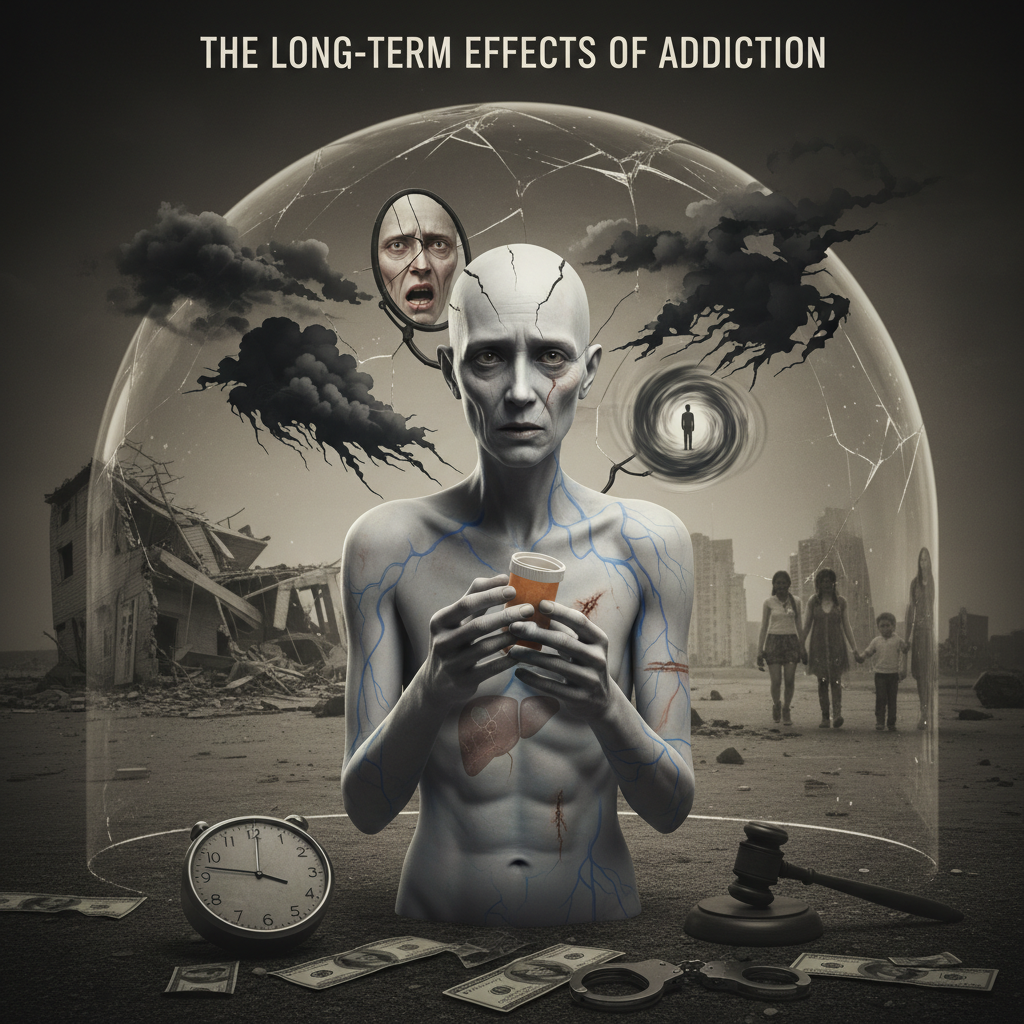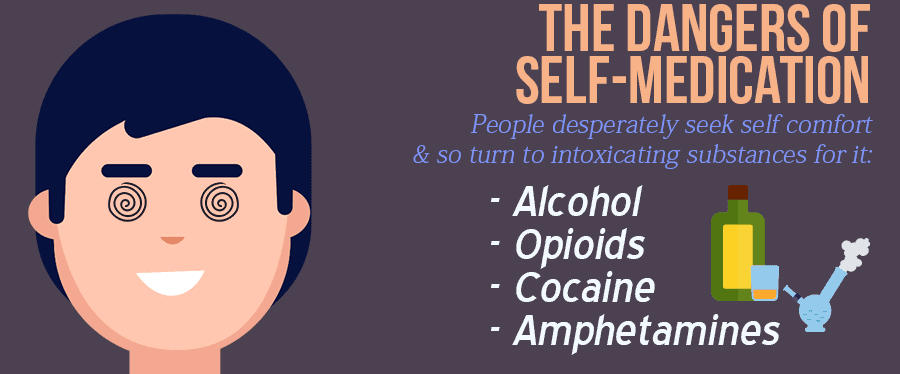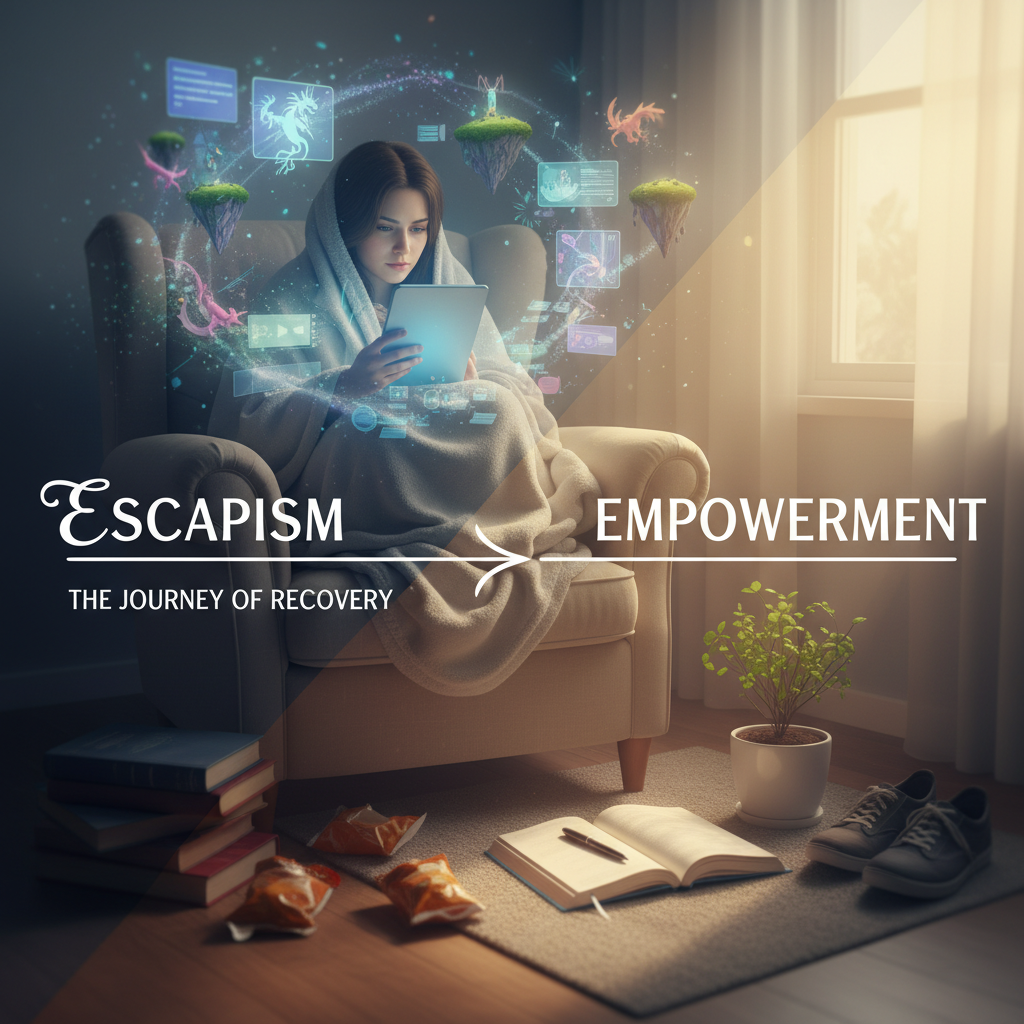Medicaid’s Role in Addiction Care
Medicaid is the largest source of public health insurance in the United States, but the connection it has with addiction care is a lot deeper than most people realize. Over the years, Medicaid has had a significant impact on how addiction treatment is funded, delivered, and accessed. I’ve spent considerable time reviewing the research, hearing … Read more









